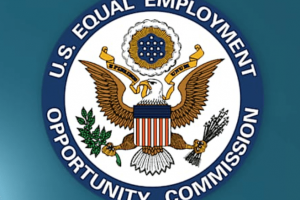The Employer’s Recordkeeping Obligations
Employee lawsuits against employers for unpaid wages, especially minimum wage and overtime, have significantly increased in recent years. And FLSA-compliant recordkeeping practices are crucial to avoiding these lawsuits in the first place. If such legal actions do arise, employers will almost certainly be required to produce their records pertaining to employee wages and hours, along with other employment data. The importance of diligent and compliant recordkeeping on the part of employers thus cannot be overstated.
The U.S. Department of Labor outlines requirements for proper record keeping of employee identifying information and payroll data, to be preserved for a minimum of three years by the employer. These basic records must include, among other items, total earnings by pay period, overtime pay, payroll deductions and complete dates for all payments. Employers should adhere diligently to these recordkeeping guidelines both for the sake of compliance with federal law and in order to avoid misclassifying employee exemption status.
Challenges and Obstacles to Sound Recordkeeping
The challenges and obstacles to proper recordkeeping abound. They vary considerably depending on the terms and conditions of each employee’s position, the many different job duties performed by each employee, and the method used to record the employee’s working time. One significant challenge is accurate timekeeping. Employers benefit when both hourly and salaried employees use a timestamp or punch-card to track all time worked. This can be a physical paper card and timestamp machine; or a computer app, some of which are even free of charge. The timecard method also assists in the event of a salaried employee’s allegation of employment misclassification as exempt and associated right to overtime pay. The issue here is typically when employees forget to clock in and out, and/or clock-in too early or too late, or clock-in and then proceed to perform non-work activities.
Solutions for Compliance
One possible solution is for employers to supplement a timecard method with a supplementary corrective timesheet, utilized weekly by both management and employees. That same timesheet may include the opportunity for both parties to document any agreement or dispute regarding time worked. Management then notates the timecard to reflect modifications stated on the timesheet, and both parties sign off immediately prior to the timecard being processed for payroll. In the event the modifications are in violation of an employer’s written policy, the employer must still appropriately pay the employee for all hours worked, including overtime pay. However, the employee should receive written disciplinary action as a consequence for engaging in activity violating the employer’s written policy.
An experienced employment attorney can advise employers on FLSA-compliant recordkeeping and best practices to avoid misclassification and employee lawsuits. Contact Fernee Kelly Law for our expertise in these matters today.









